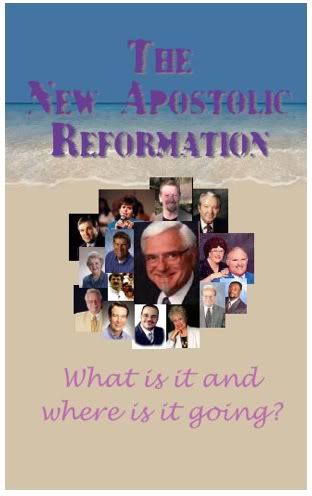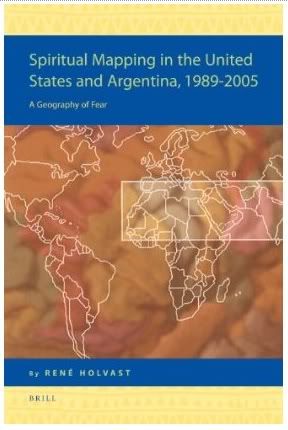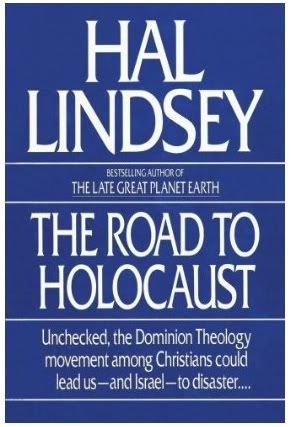The Vatican’s major statement on the global economy is creating great discussion and disagreement. Here is some of what I am reading about it.
there is no denying that the document’s economic vision is somewhere to the left of the most vigorously leftie politicians in this country. Can you imagine the cries of tyranny that would emanate from the Tea Party crowd if it were President Obama, rather than Pope Benedict XVI, who was calling for an international organization with oversight powers over the financial sector?...Kudos to Cardinal Turkson and the Holy Father for calling the world’s attention to the barbarism in our midst and pointing us towards a different set of values than those that govern Wall Street and insisting on the proposition that human reason can through instruments of public governance be brought to bear on the economy.
The report points to the world's financial markets and big banks as major causes of the "grave economic and financial crisis which the world is going through today." While the Vatican said the current state of affairs has been brought on by multiple factors over the years -- such as the structural weaknesses of political, economic and financial institutions and questionable ethics in a system that encourages utilitarianism and materialism -- it emphasized the role of banks, which the Church said endlessly extended credit until the economic system was driven "towards an inflationary spiral."
John Allen, a leading analyst in the English language on the Vatican, does a great job of placing the teaching within the language and perspective of the global south.
It's fitting that the Vatican official responsible for the document is an African, Cardinal Peter Turkson of Ghana, because it articulates key elements of what almost might be called a "southern consensus." One way of sizing up the note's significance, therefore, is as an indication that the demographic transition long under way in Catholicism, with the center of gravity shifting from north to south, is being felt in Rome… to be specific, Southern bishops, priests, religious and laity often are:
• Skeptical of free-market capitalism and unregulated globalization;
• Wary about the global influence of the United States;
• Pro-United Nations and pro-global governance;
• In favor of a robust role for the state in the economy…
This is not the dying echo of warmed-over European socialism. For better or worse, it's the first ripple of a southern wave.
One of the most aggressive voices in the United States in favor of the Vatican’s document is the group Faith in Public Life.
An important document on financial reform released today by the Vatican's justice and peace office is a timely challenge to conservative political leaders eager to carve up the Dodd-Frank Wall Street reform law passed last year. For that matter, the 41-page document - "Toward Reforming the International Financial and Monetary Systems in the Context of Global Public Authority" - is far to the left of almost any politician in the United States (short of Sen. Bernie Sanders) and should also give pause to Democrats whose fundraising coffers spill over with contributions from a financial sector that has been allowed to run amok over the past three decades. If deregulation and free-market fundamentalism have largely defined the American posture, the Vatican is challenging world financial and political leaders to rethink structural systems and the moral foundation of neoliberal economics. Showing that Vatican officials think in centuries but also read the morning headlines, it addresses "the speculative bubble in real estate," and calls for a "minimum, shared body of rules to manage the global financial market" - pointing to "rapid, uneven growth" that has arisen because of the "overall abrogation of controls on capital movements and the tendency to deregulate banking and financial activities."
A take down of the neoconservative George Weigel’s dismissive attitude towards the document and his attempt to blame the media for radicalizing the Vatican’s statement comes from Charles Lewis in the National Post in Canada.
So this document, or “note,” speaks for no one but a Pontifical Council issues it for the fun of it? How does that work?
And how in the world would anyone know that this document does not reflect a point of view of the Vatican of at least some people in the Vatican? How does Mr. Weigel know? It is not as if the note came with a warning that said: “Ignore The Contents of This Note. We’re From the Vatican But Not Really.”
Rather than question how the media reported on this, Mr. Weigel would do better to ask why any Vatican office, large or small, would issue such a document knowing full well the confusion it would cause.
For those who have not read it, here are a few excerpts:
• “This process must also involve the emerging and developing countries in defining the stages of a gradual adaptation of the existing instruments. In fact, one can see an emerging requirement for a body that will carry out the functions of a kind of ‘central world bank’ that regulates the flow and system of monetary exchanges similar to the national central banks.”
• “It is the task of today’s generation to recognize and consciously to accept these new world dynamics for the achievement of a universal common good. Of course, this transformation will be made at the cost of a gradual, balanced transfer of a part of each nation’s powers to a world Authority and to regional Authorities, but this is necessary at a time when the dynamism of human society and the economy and the progress of technology are transcending borders, which are in fact already very eroded in a globalized world.”
Then, remarkably, it makes the specific suggestions of taxing financial transactions and using public funds to recapitalize banks and making support “conditional on virtuous behaviours aimed at developing the real economy.”
New York Times and Washington Post both highlight the disagreement with the document by the Acton Institute. The Times:
Writing in the National Review, Samuel Gregg of the Acton Institute, which promotes free-market economic policies, said of the document: “It reflects rather conventional contemporary economic thinking. Unfortunately, given the uselessness of much present-day economics, that’s not likely to make it especially helpful.”
“What makes the (Council) think that ‘global’ leaders will succeed where so many national ones have failed” asked Kishore Jayabalan, director of the Acton Institute’s Rome office, and a former staff member at the Council. “It is a shame this document is based more on sentimental political hopes for world government than on actual experience and expertise of financial markets.”







 The posts on the NAR at www.deceptioninthechurch.com go back at least as far as 1998.
The posts on the NAR at www.deceptioninthechurch.com go back at least as far as 1998.  Christianity Today
Christianity Today Let us Reason
Let us Reason